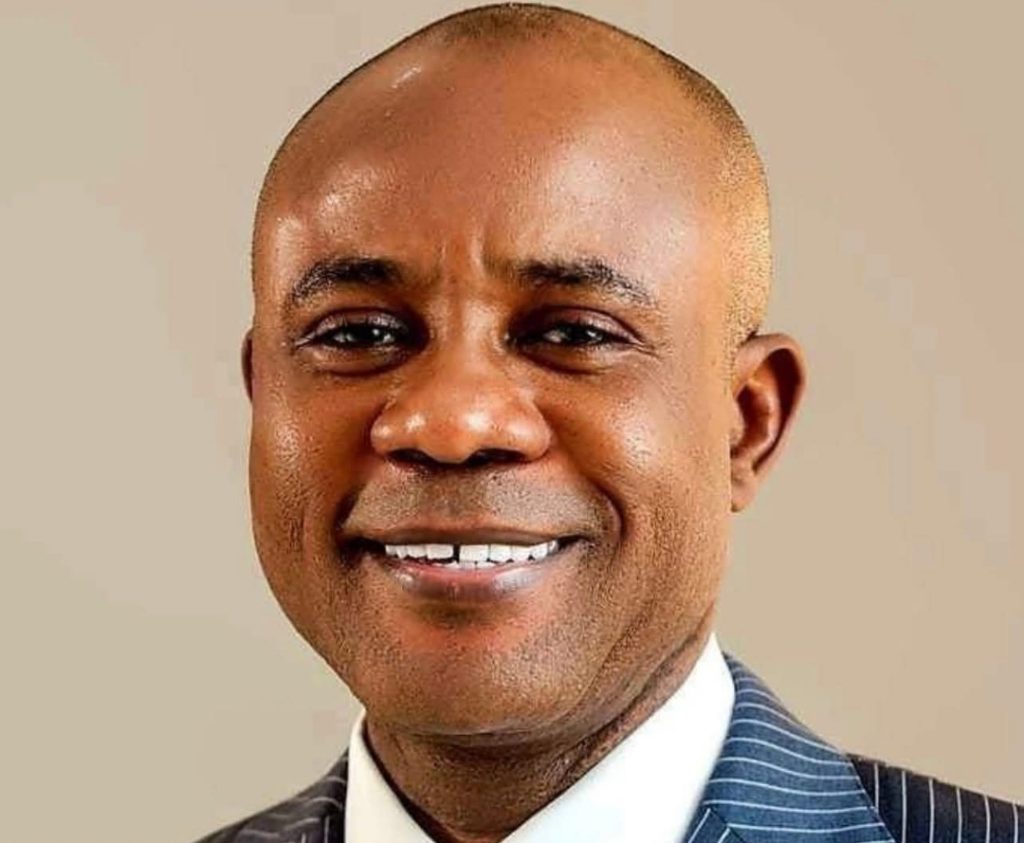Africa
Empowering the Future: The African Boy Child’s Journey to Greatness

As the world marks International Day of the Boy Child, Diaspora Digital Media turns attention to the future of the African boy child.
This day presents an opportunity to reflect on the challenges, opportunities, and potential of the African boy child.
It is a time to acknowledge the progress made and the work still needed to ensure that every African boy child reaches their full potential.
The African boy child faces numerous challenges that threaten their future. From poverty and lack of access to quality education to cultural and societal expectations, the odds are often stacked against them. However, despite these challenges, the African boy child remains resilient and determined to succeed. This article explores the future of the African boy child, highlighting the obstacles they face, the opportunities available, and the strategies needed to empower them to reach their full potential.
Challenges Faced by the African Boy Child
1. Poverty and Economic Disadvantage
Poverty remains a significant barrier to the African boy child’s success. Limited access to resources, including quality education and healthcare, hinders their ability to thrive. Economic disadvantage also perpetuates cycles of poverty, making it difficult for the African boy child to break free.
2. Limited Access to Quality Education
Education is key to unlocking the potential of the African boy child. However, many face significant barriers to accessing quality education. This includes inadequate infrastructure, poorly trained teachers, and limited resources.
3. Cultural and Societal Expectations
Cultural and societal expectations often place undue pressure on the African boy child. They are expected to conform to traditional gender roles, which can limit their potential and stifle their creativity.
4. Health Challenges
The African boy child faces significant health challenges, including malnutrition, malaria, and HIV/AIDS. These challenges can have long-term effects on their physical and mental well-being.
Opportunities for the African Boy Child
1. Technology and Innovation
Technology and innovation present vast opportunities for the African boy child. Access to digital tools and platforms can provide quality education, skills development, and economic empowerment.
2. Entrepreneurship and Economic Empowerment
Entrepreneurship and economic empowerment offer the African boy child a chance to break free from poverty and create a better future. Initiatives such as mentorship programs, funding opportunities, and skills development can help them succeed.
3. Cultural Revival and Preservation
Cultural revival and preservation provide an opportunity for the African boy child to connect with their heritage and develop a sense of identity and pride.
Strategies for Empowering the African Boy Child
Quality education and skills development are critical to empowering the African boy child. This includes access to quality schools, trained teachers, and resources.
Economic empowerment and entrepreneurship initiatives can help the African boy child break free from poverty and create a better future.
Cultural revival and preservation initiatives can help the African boy child connect with their heritage and develop a sense of identity and pride.
Mentorship and role models can provide the African boy child with guidance, support, and inspiration to reach their full potentials.
The future of the African boy child is bright, but it requires collective effort and commitment to empower them to reach their full potential.
By acknowledging the challenges they face and harnessing the opportunities available, we can create a better future for the African boy child.
As we mark International Day of the Boy Child, let us recommit to empowering the African boy child and unlocking their potential for greatness.
For Diaspora Digital Media Updates click on Whatsapp, or Telegram. For eyewitness accounts/ reports/ articles, write to: citizenreports@diasporadigitalmedia.com. Follow us on X (Fomerly Twitter) or Facebook











